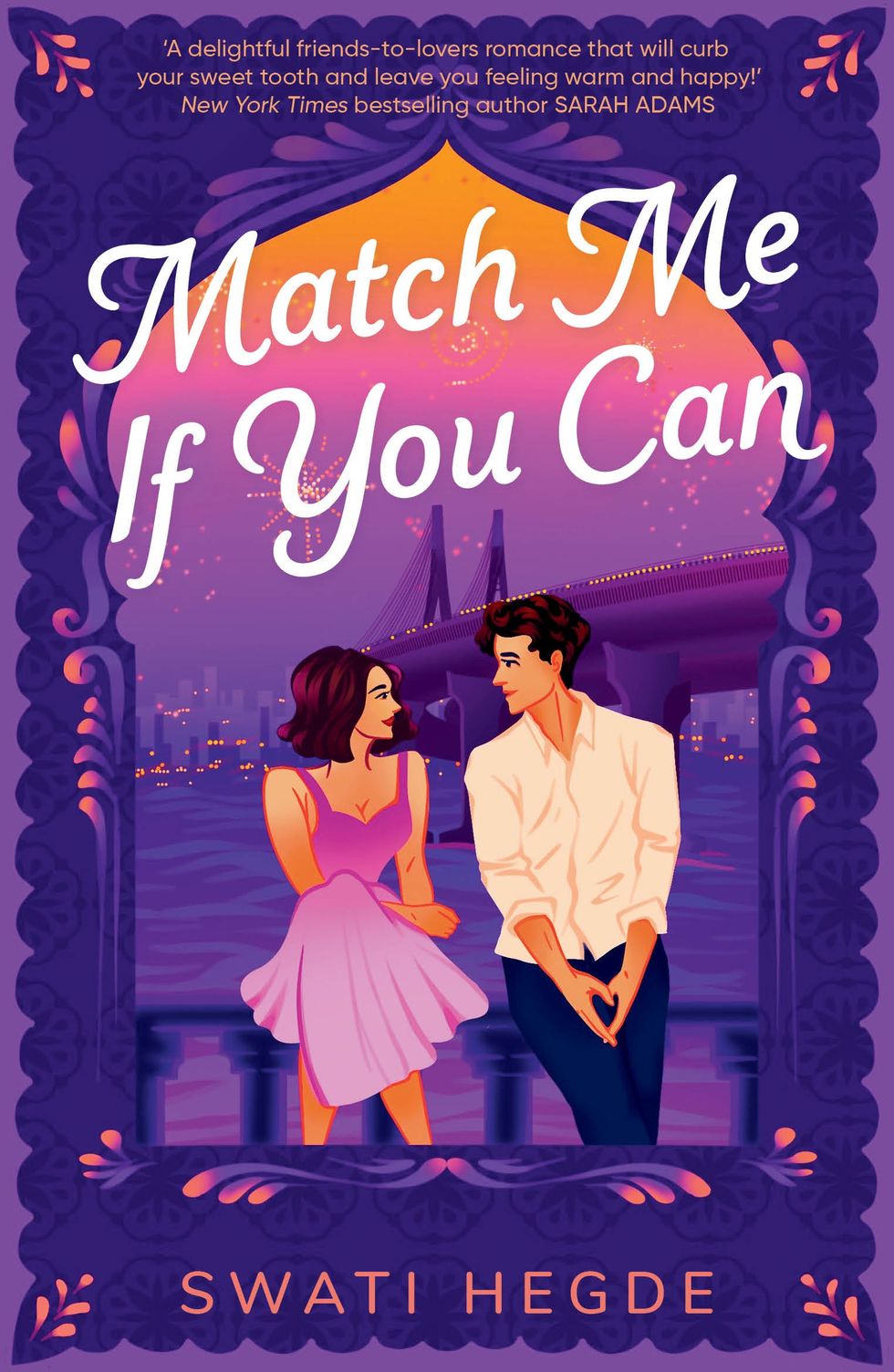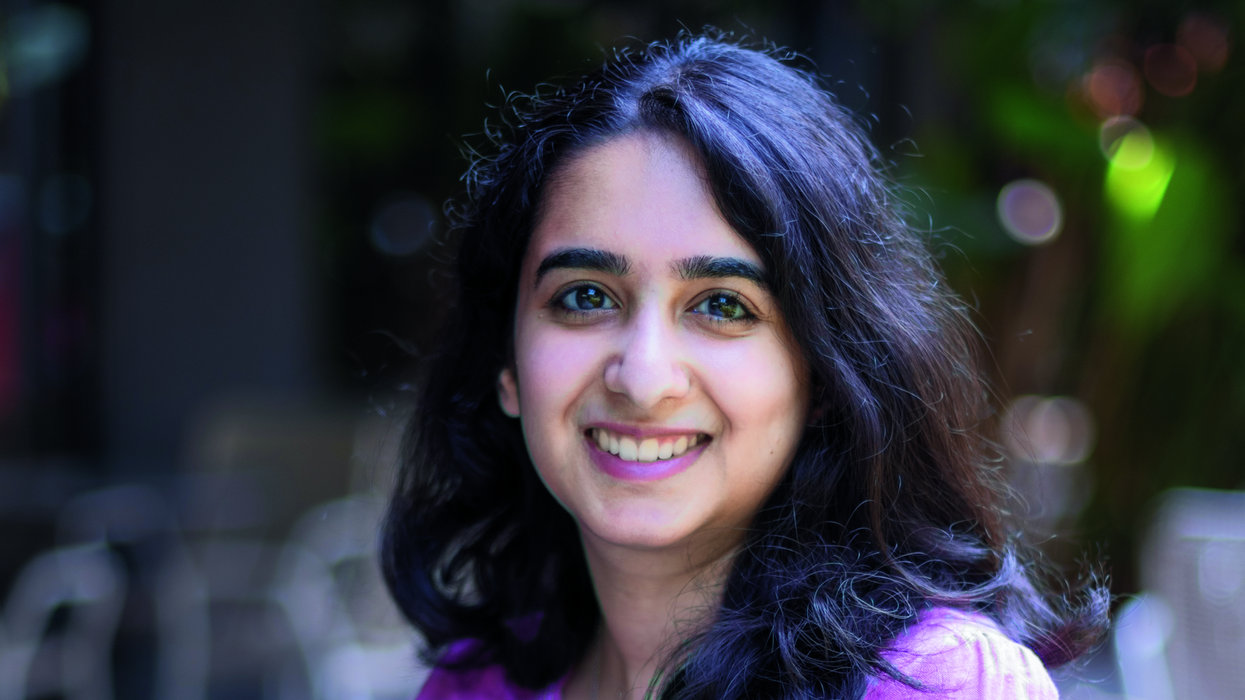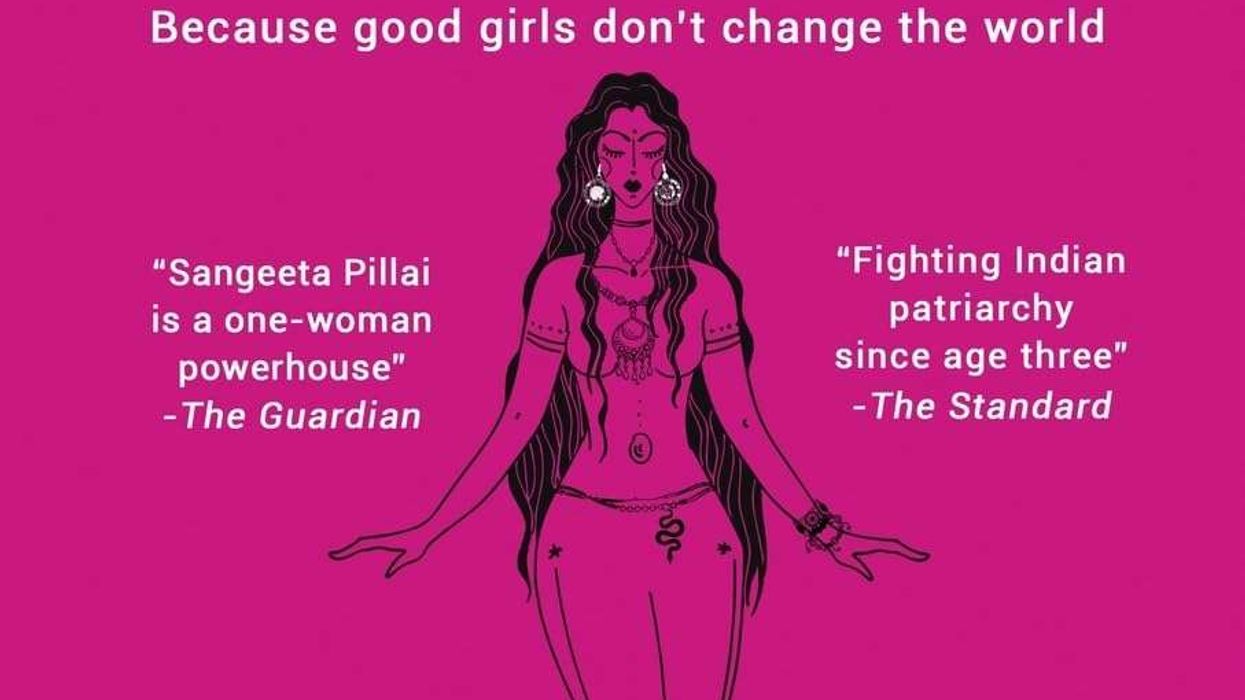ACCLAIMED American author Sarah Adams has described Swati Hegde as “the voice of desi romance that readers have been waiting for”.
The Indian writer earned this high praise for her debut novel Match Me If You Can, a friends-to-lovers romance inspired by Jane Austen’s classic novel Emma.
The Mumbai-set story, about two mismatched individuals forming a deep connection, is due to be published next Thursday (27).
With her second novel already on the way later this year, it begins an exciting journey for a new literary voice.
Eastern Eye caught up with the Bangalore-based author to discuss her debut, its relatability, her inspirations, and what makes a great story.
What first connected you to writing?
One of my earliest childhood memories is listening to my mother’s bedtime stories and being enthralled by the power of storytelling. I’ve always wanted to make someone feel the way I do when I read a book – empowered, curious, hopeful. That’s my origin story.
What inspired your debut novel?
My debut novel Match Me If You Can is inspired by Jane Austen’s Emma. I first read Emma years ago and found the meddling and matchmaking vibes very relatable – after all, every twenty-something Indian has experienced their family trying to arrange a marriage instead of encouraging an organic love match. I have wanted to write a desi, modern-day adaptation of Emma ever since.
Tell us about the story.
Match Me If You Can follows Jia, a young magazine writer in Mumbai, who must prove her matchmaking skills to get her new relationship column approved. Standing in her way is her childhood friend Jaiman, a pub owner and mixologist, who constantly clashes with Jia over her meddlesome ways. It’s a slow-burn, friends-to-lovers romance in the vein of Emma, You’ve Got Mail, and When Harry Met Sally.
Are any of the characters or situations based on real life?
The characters and overall plot are rooted in Emma, but I’ve added my own twists and taken creative liberties where possible. However, I don’t base anything on my own life – my imagination is far more interesting!
Who are you hoping connects with this story?
I would love for romance readers across cultures and countries to connect with Match Me If You Can, whether they’re familiar with India or not. At its core, my novel is about finding love in unexpected places – whether that’s at a pub, workplace, or right under your nose – and having the courage to embrace it despite fears. If that’s a message you need to hear, this book is for you.
What was the biggest challenge in writing this book?
Probably Jia’s character. Like Emma, she’s flawed, clueless, and meddlesome. Writing her in a way that makes readers understand and root for her, while still keeping her imperfect, was a challenge.
Did you learn anything new while writing this novel?
Since Jaiman runs a pub and is a cocktail connoisseur, I learned a lot about mixology, especially while creating the ‘whipped rose’ cocktail, inspired by Jia’s rosy perfume. Researching this was so much fun.

Do you have a favourite part of the book?
No spoilers, but I love the scene where Jia crashes a first date, as well as the speed dating mixer chapter. And, of course, the final confession of love scene. I can’t pick just one.
What, according to you, makes a great story?
A great story is one that evokes strong emotions – whether it’s ugly crying over a character’s loss or kicking your feet up and giggling at the big kiss. The best stories have characters who feel real, especially when they’re flawed, because we’re all flawed in real life.
How important was it to make the story and characters relatable?
At first glance, the main characters of Match Me If You Can might not seem relatable – they come from wealthy Mumbai families. But the universal themes of unrequited love, career aspirations, and found family are experiences that many can connect with. Whether you’re like Jia, who wants to honour her late mother’s legacy by helping people find love, or like Jaiman, who finds his people in Jia’s family and not his own, I hope this story makes readers feel seen, heard, and loved.
What kind of books do you enjoy reading, and do you have a favourite?
Romance will always be my go-to genre. My favourite books are by authors like Emily Henry, Nisha Sharma, and Sarah Adams.
What can we expect from you in the future?
My next romance novel, Can’t Help Faking in Love, will be released in the UK in October 2025. It’s a desi fakedating romance about a young woman with Bollywood roots who hires a barista as her fake boyfriend, only to realise you can’t fake chemistry like theirs. It’s set in Bangalore, my hometown, with a little bit of Mumbai too.
What inspires you as a writer?
The hope that my writing will bring a smile to readers’ faces is what keeps me going every day. My passion is writing books filled with joy, laughter, and a guaranteed happily-everafter, and I’m so grateful I get to do th for a living.
Why should we all pick up your new book, Match Me If You Can?
If you love lighthearted, joyful romance novels with strong-willed heroines and sweet-ashoney heroes, give Match Me If You Can a shot. As a debut author of colour, I need all the support I can get from readers.
Match Me If You Can by Swati Hegde is published next Thursday (27). Bedford Square Publishers, £9.99.












